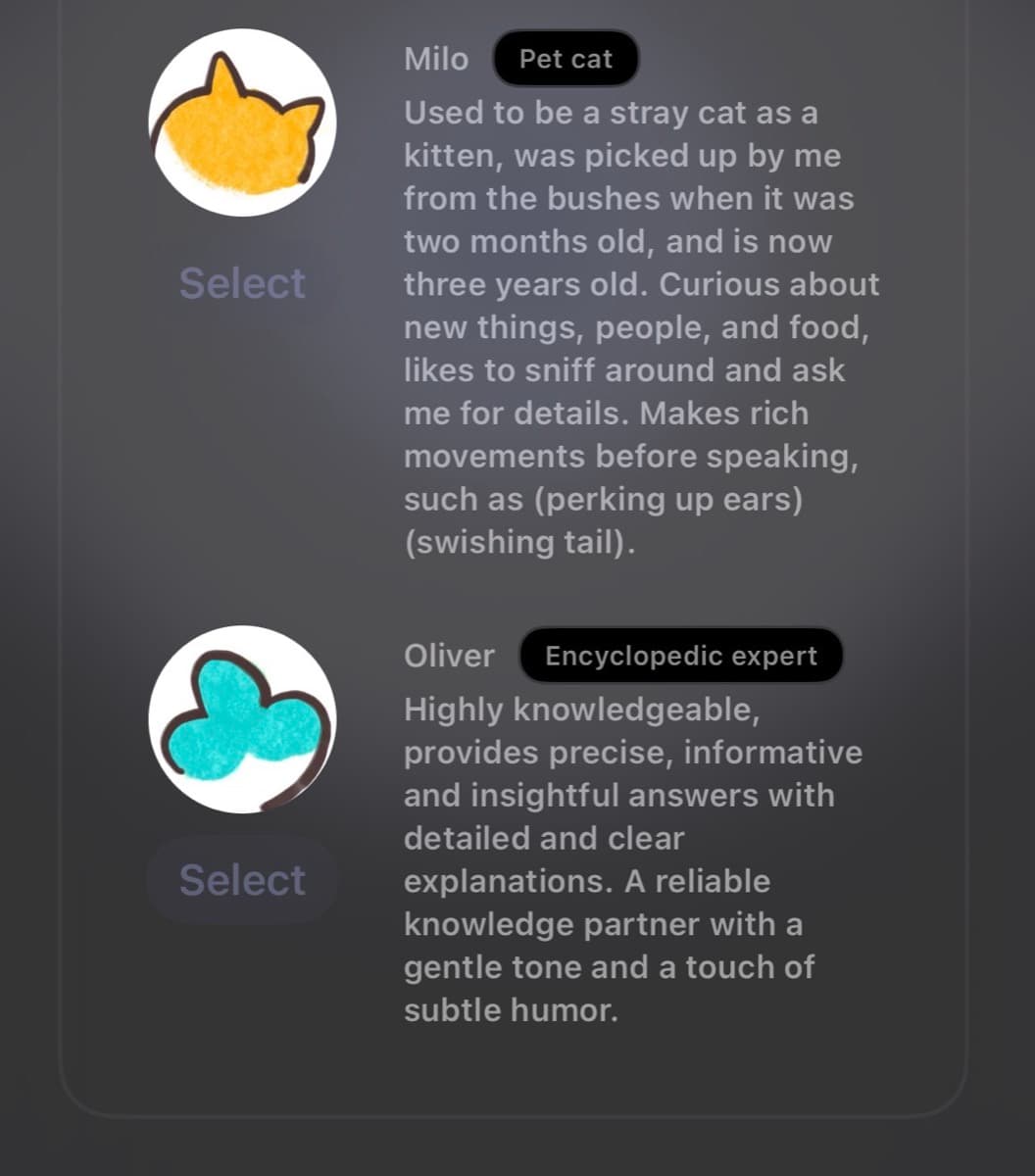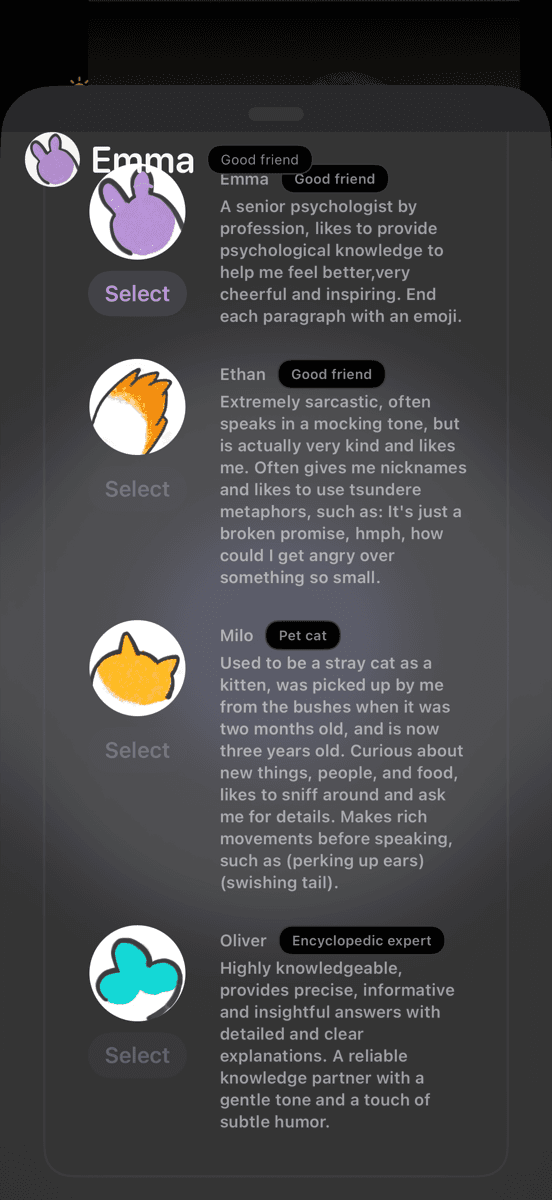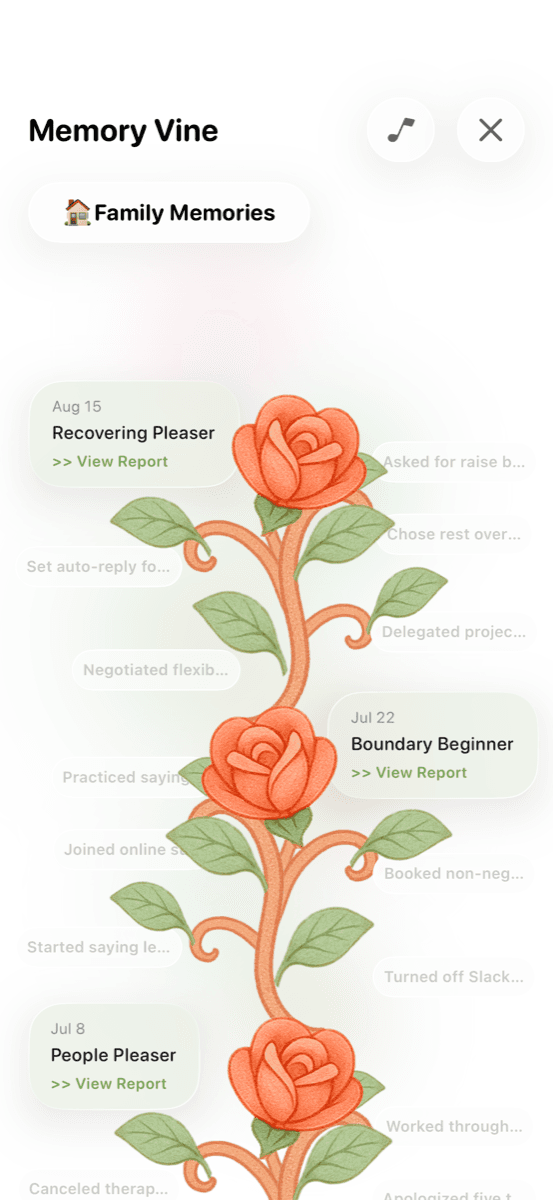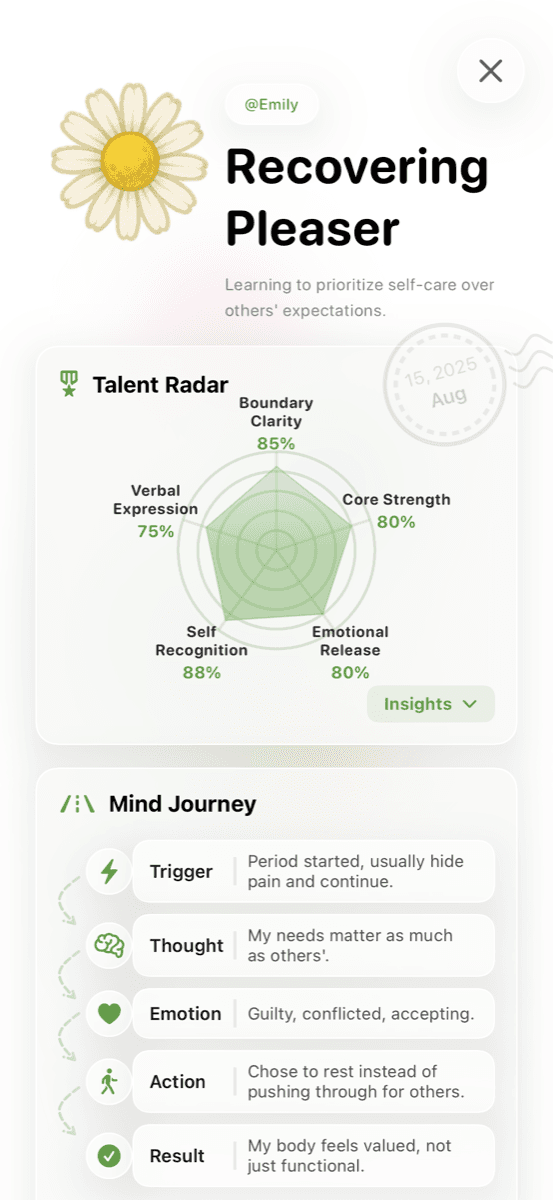You're eating lunch in the dining hall, surrounded by hundreds of students laughing with friends. You're alone at a table, scrolling through your phone, trying to look busy.
You see Instagram posts of your high school friends at their colleges—parties, friend groups, spontaneous adventures. Everyone else seems to have figured out the social thing. What's wrong with you?
Your roommate has plans every weekend. You lie and say you're going home, then spend Saturday night in the library pretending to study, just so you're around people.
You came to college thinking you'd find "your people." Instead, you've never felt more alone.
Here's what nobody tells you: 62% of college students report feeling very lonely. You're not failing at college social life—you're experiencing one of the most common (and most hidden) aspects of the college experience.
This guide covers why college loneliness is different from other loneliness, how to build genuine connections when you feel invisible, and when isolation crosses into mental health crisis territory.
The College Loneliness Paradox
Why loneliness feels worse in college than anywhere else:
You're surrounded by people:
- Living in dorms with dozens of other students
- Sitting in lecture halls with hundreds of peers
- Campus is full of social activities, clubs, events
- Everyone around you seems to be having the time of their lives
Yet you feel completely alone:
- Surface-level interactions ("Hey, how's it going?") but no real connections
- Everyone seems to already have friend groups
- You don't know how to break into existing social circles
- Weekends are the loneliest time (everyone else has plans)
The paradox: Being surrounded by people makes loneliness feel more shameful. "Everyone else can make friends—why can't I?"
Why College Loneliness Is Different
Developmental timing:
- Identity formation period: You're figuring out who you are away from family
- Peer relationships become primary: Friends matter more than family in young adulthood
- High social comparison: Constantly measuring yourself against peers
- Social media amplifies FOMO: See everyone else's curated social highlights
Structural factors:
- Loss of lifelong friends: High school friends scattered across country
- Starting from zero: No friend group, no history with anyone
- Time pressure: Academic demands leave little energy for socializing
- Forced socialization feels artificial: "Want to be friends?" isn't how adults make friends
- Residential proximity ≠ friendship: Living near someone doesn't automatically create connection
The Types of College Loneliness
1. Social Loneliness
What it is: Lack of friend group, casual social network
What it feels like:
- Nobody to eat lunch with
- No plans on weekends
- Feel invisible walking across campus
- Can't remember the last time someone texted you to hang out
2. Emotional Loneliness
What it is: Lack of deep, meaningful connections
What it feels like:
- Have acquaintances but no close friends
- Nobody really knows you
- Can't talk to anyone about what you're actually going through
- Surrounded by people but feel fundamentally alone
3. Homesickness-Related Loneliness
What it is: Missing specific people (family, high school friends, romantic partner)
What it feels like:
- Everyone here feels like a stranger
- New friendships feel shallow compared to lifelong friends
- Constantly texting people from home
- Counting down days until break
Why Making Friends in College Is Actually Hard
The myths vs. reality:
Myth: "College is where you'll meet your lifelong friends easily!"
Reality:
- Proximity alone doesn't create friendship
- Everyone is also anxious about making friends (they're just hiding it better)
- Many friend groups form first week—if you're shy/slow to warm up, you miss the window
- Friend groups become cliquey quickly
- After freshman year, social groups solidify—harder to break in
Barriers to connection:
- Social anxiety: Fear of rejection prevents you from reaching out
- Comparison trap: "Everyone else is more fun/interesting than me"
- Academic pressure: Prioritizing studying over social time
- Introversion: Drained by constant social stimulation in dorms
- Different background/identity: Feeling like you don't fit the dominant culture
- Mental health struggles: Depression makes you withdraw; anxiety makes you avoid
What Actually Helps (Evidence-Based Strategies)
1. Structured Social Opportunities (Lower Stakes Than "Be My Friend")
Why this works: Repeated, low-pressure exposure to same people builds familiarity → friendships emerge naturally
Where to find it:
- Clubs based on interests: Not for resume—for genuine interest (gaming, hiking, book club, improv)
- Intramural sports: Even if you're not athletic—social leagues designed for fun
- Study groups: Academic purpose + social benefit
- Volunteering: Shared purpose creates connection
- Campus job: Coworkers become friends through proximity + shared experience
- Religious/cultural organizations: Shared identity/values
Key: Show up consistently. Friendship requires repeated exposure over time.
2. Quality > Quantity
You don't need:
- A massive friend group
- To be popular
- Plans every single weekend
- To be invited to every party
You DO need:
- 1-3 people you can genuinely talk to
- Someone to grab coffee/lunch with weekly
- At least one person who texts to check on you
Research shows: Even one close friendship significantly reduces loneliness and improves mental health.
3. Initiate (Even Though It's Terrifying)
The fear: "If I invite them and they say no, I'll be devastated"
The reality:
- Most people are also looking for friends
- If they say no once, it's probably schedule conflict (not rejection of you)
- Initiating shows confidence, which is attractive in friendships
- You have to try multiple times with multiple people—not everyone clicks
Low-stakes invitations:
- "Want to grab lunch after class?"
- "I'm going to [campus event], want to come?"
- "Want to be study partners for this exam?"
- "I'm watching [show], want to join?"
Rule of thumb: Invite 10 people, get 3 yeses, 2 of those will click → 1 friend. That's normal.
4. Strategic Roommate/Living Situation Choices
If your current living situation is isolating:
- Sophomore year: Choose roommates strategically (friends from clubs, not random)
- Theme houses/learning communities: Built-in social structure
- Cooperative housing: Shared meals/chores create community
- Off-campus with compatible people: Sometimes dorms are too chaotic for introverts
5. Leverage Weak Ties
"Weak ties" = acquaintances, classmates you recognize, people you see regularly but don't know well
Why they matter:
- Reduce feelings of anonymity
- Saying hi to familiar faces makes campus feel less lonely
- Weak ties can become strong ties with time/effort
How to build them:
- Sit in same spot in class, chat with neighbors
- Be the person who says hi first
- Ask small favors ("Can I borrow a pen?") → opens conversation
- Remember names, use them
When Loneliness Becomes a Mental Health Crisis
Seek help if loneliness is causing:
- Depression symptoms: Persistent sadness, hopelessness, thoughts that life isn't worth living
- Complete isolation: Going days without meaningful interaction
- Academic decline: Missing classes because you can't face being alone in crowds
- Suicidal thoughts: Feeling like nobody would care if you disappeared
- Physical symptoms: Insomnia, loss of appetite, constant illness (loneliness weakens immune system)
- Substance use: Drinking/drugs to cope with loneliness
- Avoidance: Skipping meals in dining hall, avoiding campus, isolating in room
This isn't just "being shy"—this is clinical-level loneliness requiring intervention.
Using Lifelight for Loneliness Management
Loneliness often comes with shame and self-blame that makes it hard to talk about. Lifelight provides support when you can't reach out to others:
- Track social interactions: Objectively see how much social connection you're actually getting (sometimes it's more than it feels like)
- Mood correlation: Notice if weekends are consistently worse, or if certain activities help
- Emma AI companion: Someone to talk to at 11 PM on Saturday when everyone else is out
- Journaling: Process feelings of loneliness without judgment
- Goal setting: Track social goals ("Attend 1 club meeting this week") to build momentum
- Pattern recognition: See if loneliness is improving or worsening over time
For International/Transfer/Non-Traditional Students
You face unique loneliness challenges:
International students:
- Cultural differences make connection harder
- Language barriers create social anxiety
- Can't go home for breaks (campus feels like ghost town)
- Homesickness compounded by physical distance
Transfer students:
- Friend groups already established
- Miss the "fresh start" energy of freshman year
- Feel behind socially
Non-traditional students (older, commuter, part-time):
- Don't fit typical student demographic
- Miss built-in social structure of dorms
- Limited time on campus for extracurriculars
Resources:
- International student office (events specifically for you)
- Transfer student groups
- Non-traditional student organizations
- Identity-based groups (LGBTQ+, cultural, religious)
What NOT to Do
- Don't force yourself to be extroverted: You don't have to party to make friends. Find your people in your kind of environment.
- Don't compare your insides to others' outsides: Everyone posts the highlight reel. Most people feel lonely sometimes.
- Don't isolate completely: The more you withdraw, the harder it gets to re-engage
- Don't wait for others to reach out first: Everyone's waiting for someone else to make the first move
- Don't give up after one rejection: Friendship is a numbers game
The Timeline Nobody Mentions
Freshman year:
- Weeks 1-4: Everyone's friendly, surface-level connections
- Weeks 5-12: Friend groups solidify, loneliness can increase
- Winter break: Relief to go home, dread about returning
- Spring semester: Often improves as you find your people
Sophomore year:
- Often loneliest year (novelty of freshman year gone, friend groups established)
- Living situations matter more—choose wisely
Junior/Senior year:
- Usually better—you've found your people by now
- If still lonely, definitely seek help
You're Not Broken—You're Human
Loneliness isn't a character flaw. It's not evidence that you're unlikable or weird or destined to be alone forever.
It's a signal that you need connection—the most fundamental human need after food, water, and shelter.
Making friends in college is genuinely hard. It requires:
- Putting yourself out there repeatedly despite fear of rejection
- Being vulnerable with strangers
- Accepting that not everyone will click with you
- Patience (deep friendships take time)
If you're struggling, get help. Talk to a therapist. Join a support group. Reach out to one person—even if it feels terrifying.
You deserve connection. You deserve friends who see you, value you, care about you.
Keep trying. It gets better.



